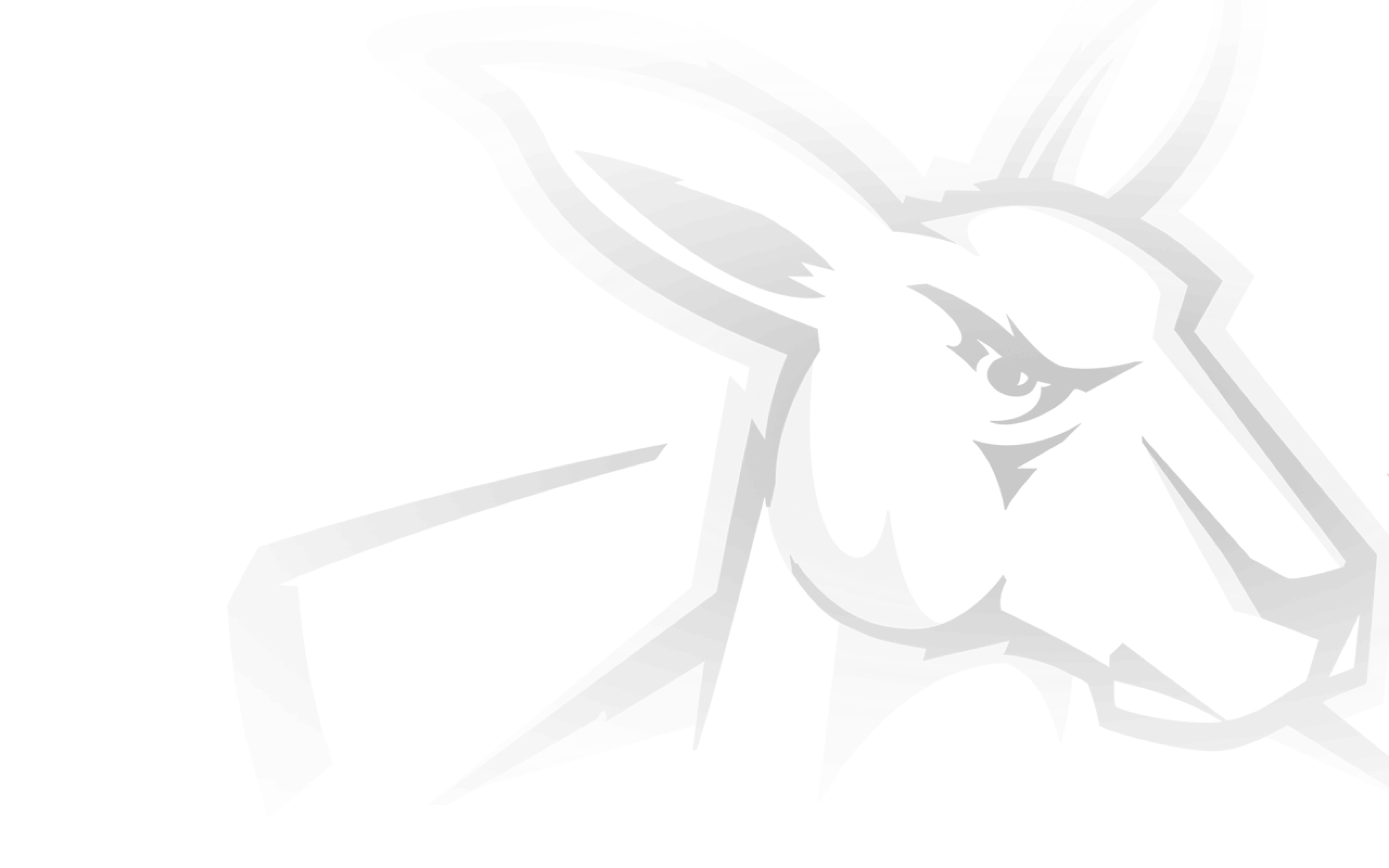Back with North Ballarat on Saturday, Mullett collected 34 disposals and 13 marks, patrolling the half-back line and setting up the Roosters’ run and drive.
However it’s not the main focus of his game.
"I’ve got a few things to work on, mainly defensively and focusing on my opponent particularly from stoppages," Mullett told NMFC.com.au after the game.
"It takes repetition and also the right mindset to get better at it. I’ve got to get myself in the right spot all the time, talk and then cover off my opponent to make sure he doesn’t get away."
It’s a tricky balance for Mullett to strike considering run and carry is one of his greatest assets.
"You’ve got a licence to run and carry and use the ball (at North Ballarat). It’s always got to be in the back of my mind though, to be responsible for my opponent.
"That way as soon I dispose of the ball and finish in the play, to turn around and know where I’ve got to be at all times."
After an interrupted pre-season, Mullett’s consistency has fluctuated throughout 2014. While he's not using a delayed start as an excuse, the wear and tear on the body can prove challenging as the year goes on.
“When you’re coming off a lower base because of slightly less preparation in the pre-season, the body can pick up niggles a little easier.
"My body works better with a lot of load under it, like last year.
“It’s been up and down this year, but hopefully I can come back through the VFL and still be a call-up if we (the Kangaroos) play finals, to be thereabouts and break back into the team.”
Considering North has a split alignment between the Roosters and Werribee, many would think players would need to make big adjustments playing in the VFL. That's not the case.
"It’s OK because the Roosters have followed North’s game plan," Mullett added.
"A lot of the running patterns are still very similar regardless of where you’re playing.
"A couple of games earlier in the year it was a little harder because I didn’t know a few of the boys’ names. It makes it a bit easier now to call for the ball and be more of a voice on the field."


